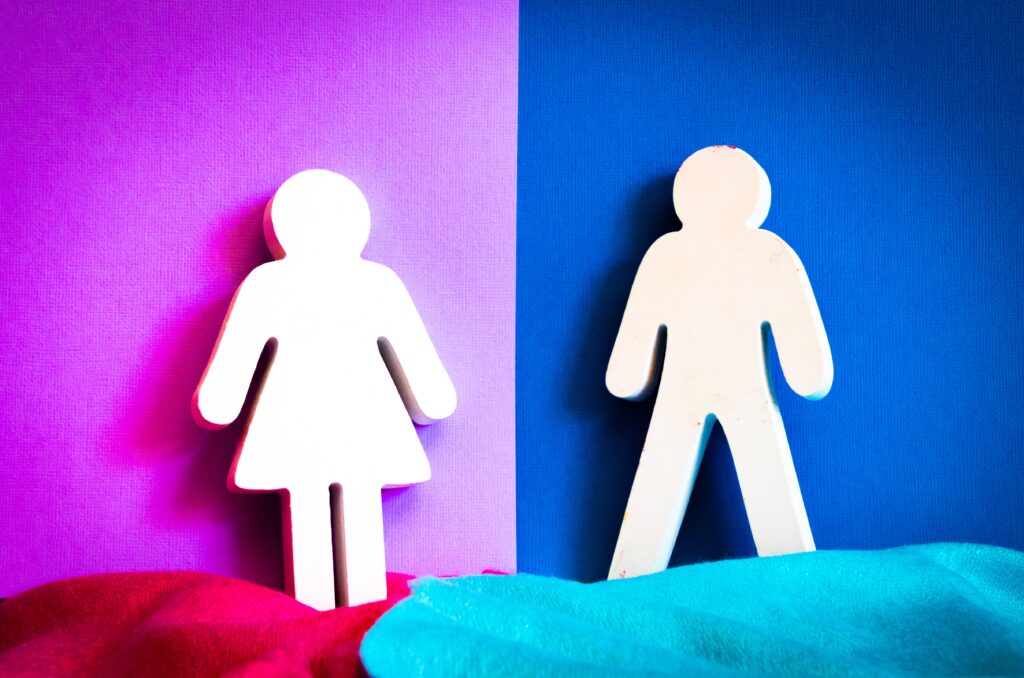
The War in Ukraine has had devastating impacts on global food security. There is a reason organizations like the World Food Programme and United Nations are using terms like “global emergency of unprecedented magnitude” and “largest food crisis in modern history.”
Yet, there is something critical missing from our understanding of this “unprecedented” crisis – its gendered effects. As a recent UN Women report put it, “at times when there is great suffering, women and girls suffer differently.”
Simply, when food insecurity is rising, it’s way worse for women.
Food insecurity hurts women worst
On a foundational level, when women and men are both food insecure, it is women who “eat last and least.” But it’s more than that.
In a food security crisis, women face increased instances of gender-based violence, and more women are forced to engage in transactional sex for food. Further, as the cost of not only food but food inputs like fertilizers rise, many women small farmholders, who are often at the lowest rungs of economic inclusion to begin with, can’t afford to keep their farms running. For girls, a food crisis increases the chances they will be pulled out of school, diminishing their educational levels and future economic access.
Each of these things has substantial negative effects on food security, not to mention the enjoyment of rights.
The gender gap in food insecurity is growing
Even before the outbreak of conflict in Ukraine, some 150 million more women than men were already food insecure around the world. As global food insecurity spikes, this gap is widening.
While stats for 2022 are still being formed, it can be noted that the WFP reported the number of food insecure women they helped around the world more than doubled during the year. Moreover, during the last crisis which spiked global food insecurity – the COVID pandemic – the gender gap in food insecurity grew from 1.7% in 2019 to 4.3% in 2021.
Women and girls suffer differently.
The question is, what can be done?
Addressing the gendered impacts of crisis
Recognizing the devastating impacts of crises on women and girls, gender considerations cannot continue to be missing from discussions on the War in Ukraine and global food security.
As UN Women put it, “crises have gendered impacts and must therefore have gendered solutions.”
This means creating gender-specific data to understand the problem and shape a response. It means listening to women when creating solutions, both by placing women in leadership and decision-making positions, as well as by taking input from all affected stakeholders, including small farmholders, agriculture workers, and the urban poor.Critically, since crises are worst for women, gendered solutions mean mitigating future crises by building resilient food systems and putting environmental sustainability at the heart of all efforts.
But most of all, what is required is a change in thinking, a shift in perception.
Ukraine, COVID, extreme weather events – these are gendered crises, and must be seen, approached, and solved as such moving forward.
